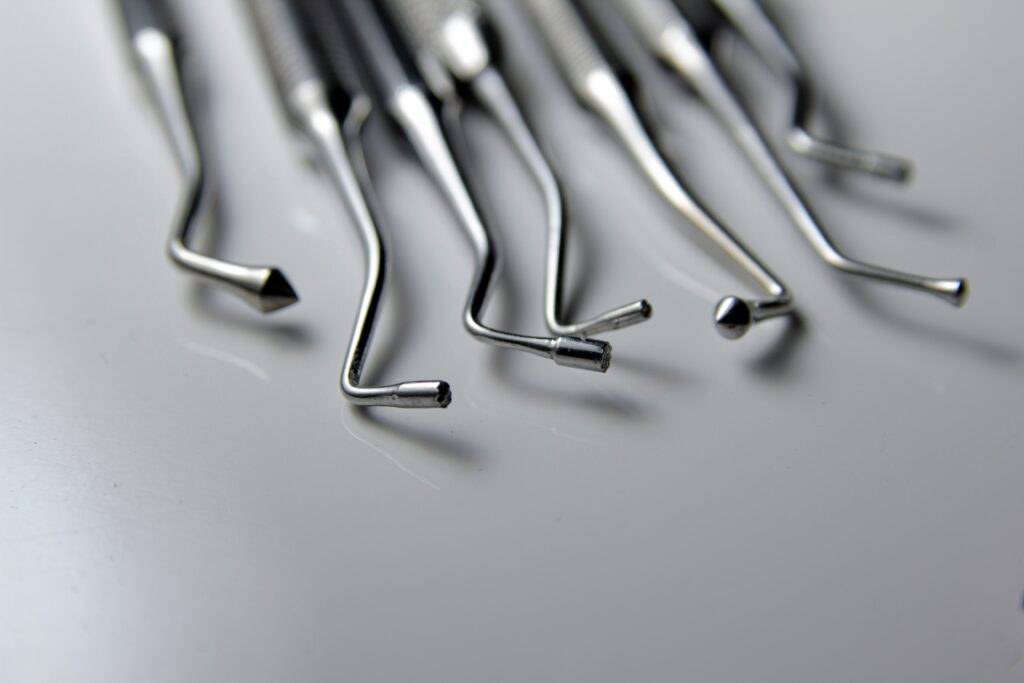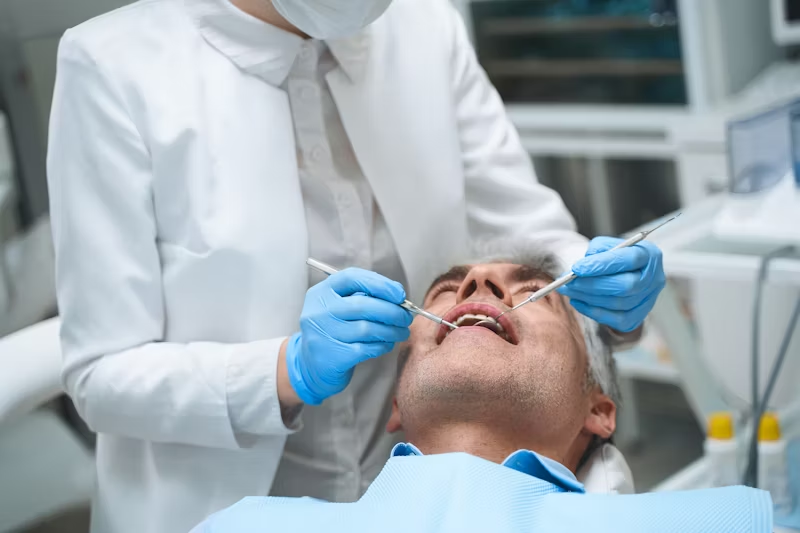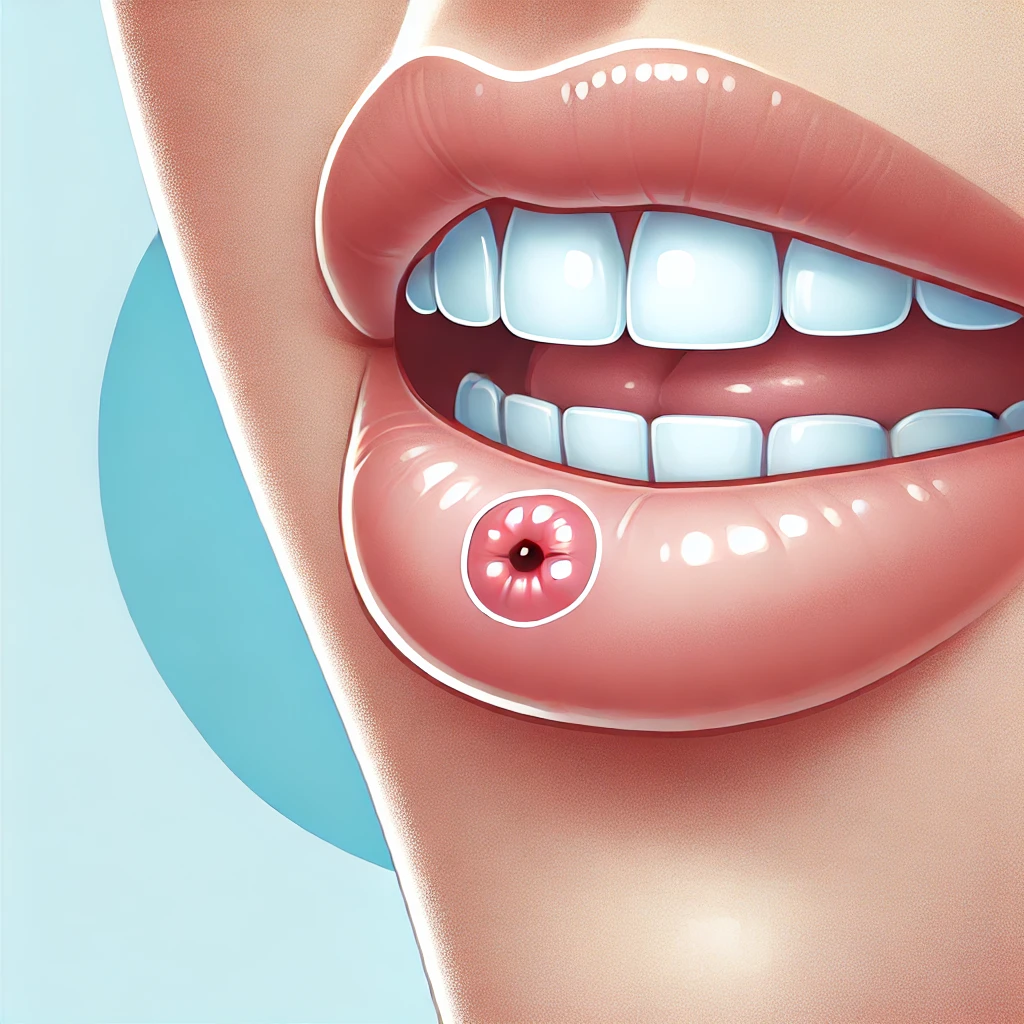Maintaining good oral health is important, but for many, the cost of dental care can be a difficult barrier. Finding a “dental clinic near me” that you can trust and feel comfortable with can be difficult, but look no further. If you’re near Layton, Utah, and searching for an affordable dental clinic near me, Central Davis Dental offers a range of options to accommodate various financial situations. Let’s explore common concerns and solutions related to getting cost-effective dental care.

What Can I Do If I Have a Bad Tooth with No Money?
Experiencing dental pain without the means to pay for treatment can be distressing. There are several steps you can take. At Central Davis Dental, we accept a large range of insurances and we offer an in-house membership plan. You can contact our office and we would be happy to answer all of your questions.
What Can I Do If I Can’t Afford Dental Treatment?
If dental expenses are beyond your current means, there are ways to make treatment more affordable. Inquiring about financing options can be beneficial, as many dental offices, including Central Davis Dental, accept third-party financing plans like CareCredit, allowing you to spread the cost over manageable monthly payments. CareCredit is happily accepted at our office. Using dental insurance effectively is another option. If you have insurance, using your benefits can significantly reduce out-of-pocket expenses. Central Davis Dental accepts a wide range of insurance providers. Additionally, like mentioned in the previous section, Central Davis Dental offers an in-house membership to help cover the expenses of cleaning and treatment.
Is a Dental Clinic the Same as a Dentist?
While both provide dental care, there are distinctions between a dental clinic and a dentist’s office. Dental clinics are often larger facilities that may house multiple dentists and offer a wide range of services under one roof. They likely provide extended hours and have more resources for specialized treatments. Dentist offices, on the other hand, are typically smaller, private practices focusing on personalized care from one or a few dentists. Central Davis Dental combines the benefits of both, offering across-the-board services with a personal touch.
What Is the Most Inexpensive Way to Fix Messed Up Teeth?
The most affordable solutions for dental issues depend on the specific problem. Preventive care, such as regular check-ups and cleanings, can help you avoid more severe and costly issues. For cavities, dental fillings provide a relatively inexpensive and common solution. If you have chipped or cracked teeth, dental bonding is great way to restore them, as it is generally more affordable than veneers or crowns. Discussing financing options with your dental provider can also make treatments more affordable.
What Is the Advantage of a Dental Clinic?
Dental clinics offer several benefits. Clinics like Central Davis Dental provide a wide array of services, from preventive care to cosmetic dentistry, all in one location. Having multiple professionals on staff allows clinics to offer diverse expertise and collaborative care. At Central Davis Dental, Kyle K. Harmon, DDS, and Dayana Arreola, DDS, care deeply for all their patients and are experts in the dental field.
Many clinics also provide flexible scheduling, including extended hours to accommodate different needs. Additionally, clinics often invest in the latest dental technologies, which enhance the quality and efficiency of care. Choosing a dental clinic like Central Davis Dental ensures access to comprehensive, high-quality care tailored to your needs.
How to Find an Affordable Dental Clinic Near Me?
Finding a good dental clinic near me that fits your needs can be difficult. You can call our office during any of our operating hours and find out more information. We are happy to answer your questions so you can know if we are going to be a good fit for you, your family and your friends.
An affordable dental clinic near me is attainable with the right resources and proactive communication. Central Davis Dental in Layton, Utah, is committed to providing accessible and comprehensive dental services to the community. Contact us today with your questions about our financial services. You can stop searching “affordable dental clinic near me” because you found it!








